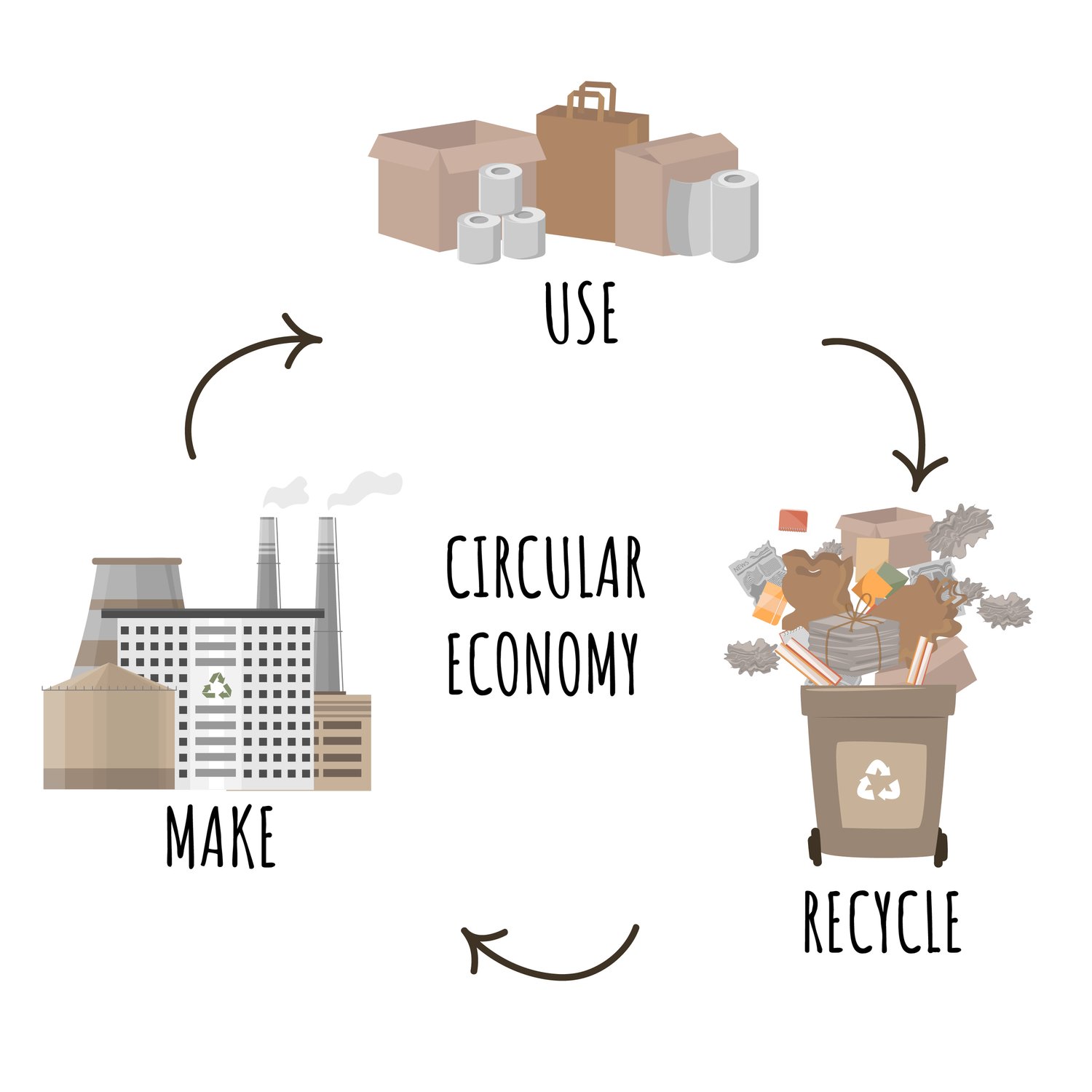
So even the whispered threat of moving towards a circular economy where expected growth won’t be enough to dazzle Wall Street (but it’s still growth), corporations will use any number of methods to co-opt the language and define what sustainability is and what a circular economy looks like to help change the public view over their bad practices.
A great example of this co-opting of the language is this piece over at Pro Publica, When Is “Recyclable” Not Really Recyclable? When the Plastics Industry Gets to Define What the Word Means:
Companies whose futures depend on plastic production, including oil and gas giant ExxonMobil, are trying to persuade the federal government to allow them to put the label “recyclable” on bags and other plastic items virtually guaranteed to end up in landfills and incinerators. They argue that “recyclable” should apply to anything that’s capable of being recycled. And they point to newer technologies that have been able to remake plastic bags into new products. I spent months investigating one of those technologies, a form of chemical recycling called pyrolysis, only to find that it is largely a mirage. It’s inefficient, dirty and so limited in capacity that no one expects it to process meaningful amounts of plastic waste any time soon.
That shouldn’t matter, say proponents of the industry’s argument. If it’s physically capable of being recycled — even in extremely limited scenarios — it should be labeled “recyclable.”
And there’s the petro-chemical industry defining the word “recyclable” for all of us.
Greenwashing is the best example of corporate language misdirection. Slapping a ‘green’ label on something, like plastic pet waste bags, does not make it green. It’s all sleight of hand to get you, the potential consumer, into thinking they care about the environment.
The only reason corporations exist is to make money for their shareholders. Period. Always keep that in mind. Which brings us to back to growth. What’s the saying, ‘growth for the sake of growth is the ideology of the cancer cell?’
It is interesting to note the almost cult-like wording and ideas around corporate growth. Growth is the corporate religion, based on this from McKinsey & Company, Choosing to grow: the leader’s blueprint:
Circular economies and sustainable initiatives frighten corporations a lot. It’s more of a money maker to extract, sell and throw away than to regenerate what you already have. Never mind the human and environmental costs.
There’s a great article over at MIT Press Direct by Alice Mah, a professor of sociology at the University of Warwick and principal investigator of the European Research Council project “Toxic Expertise: Environmental Justice and the Global Petrochemical Industry,” titled Future-Proofing Capitalism. This article specifically is about the fossil fuel/plastics industry:
In other words, if they can define what it is to be in a circular economy or how that is achieved, they can, as Professor Mah writes, “future-proof” capitalism.



